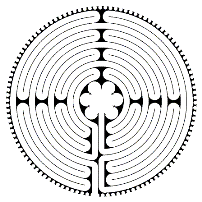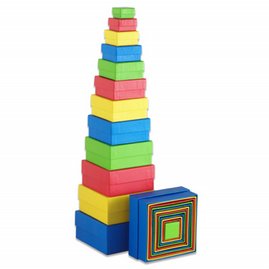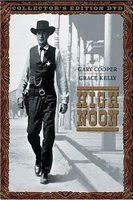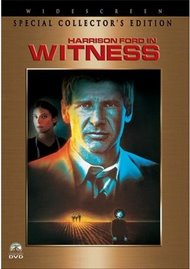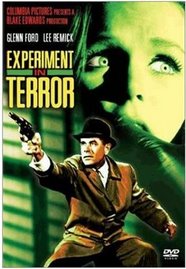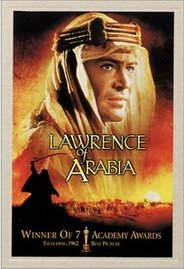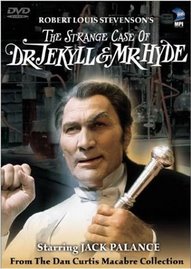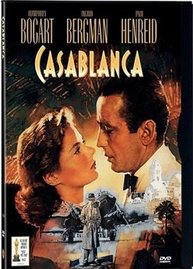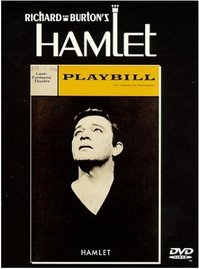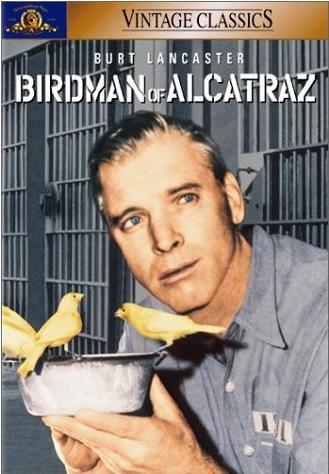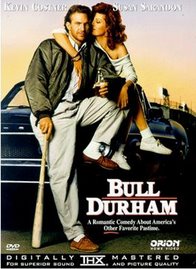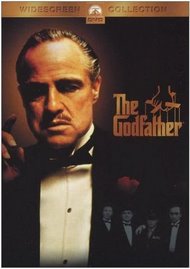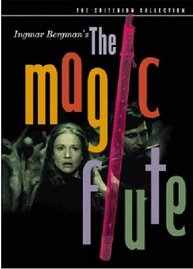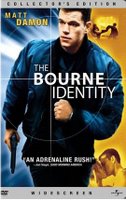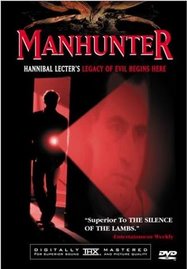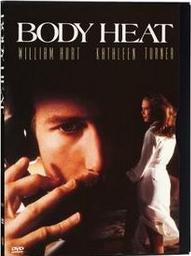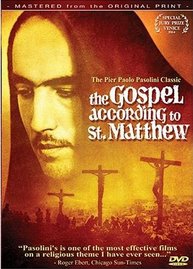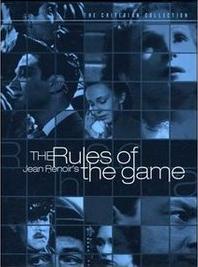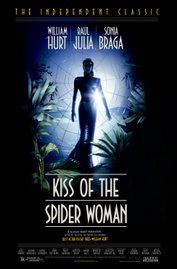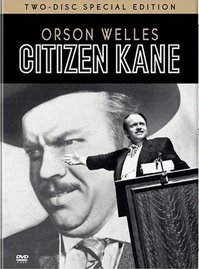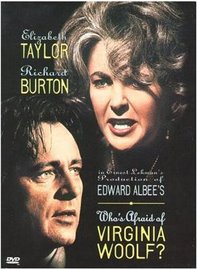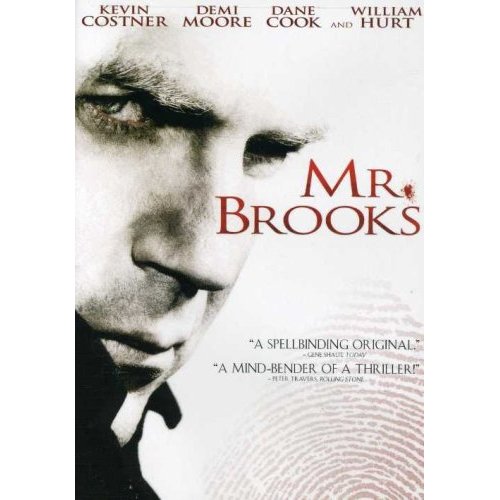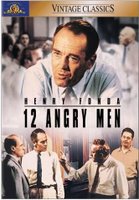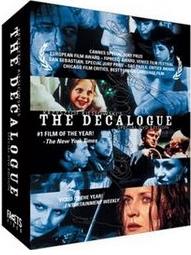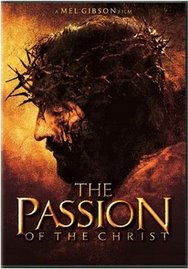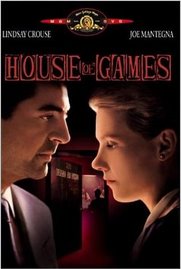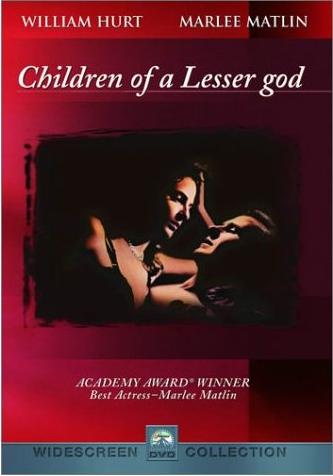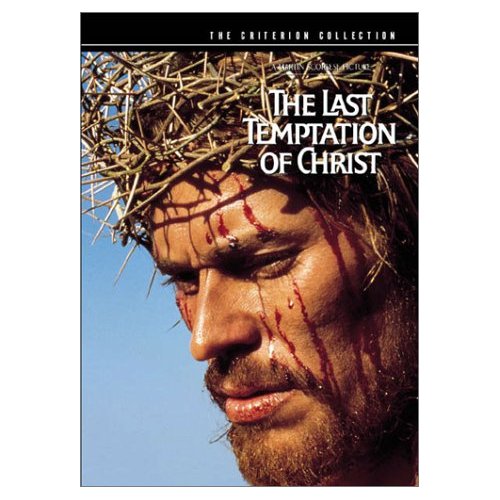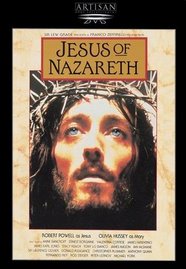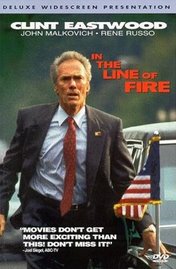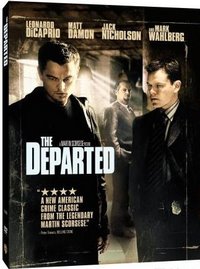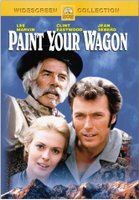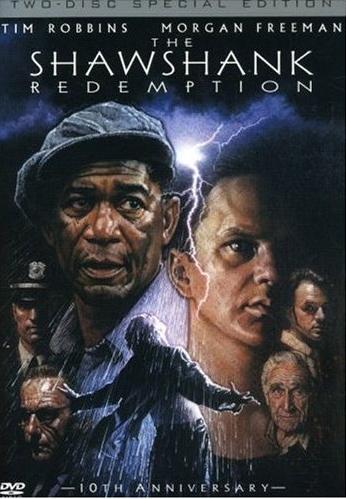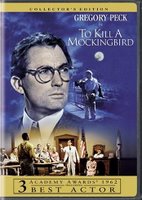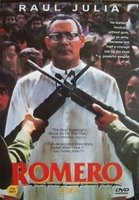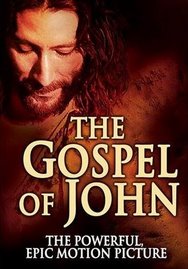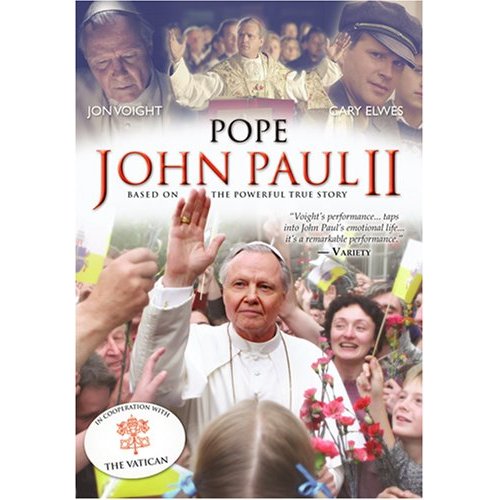By what mechanism do you accept or reject the veracity of information given to you? Do you assess the person, organization or publication giving the information prior to accepting it as being truthful, or, do you apply a test to the information itself (perhaps based on your own knowledge of the subject) before deciding if you believe it? Do you use this same mechanism when sorting through answers to your questions on LinkedIn?
Truth determination is crucial to decision-making, so I have included below my full answer.
Dear G O,
Your question has given rise to a widely different group of answers, 26 at the time I am answering it. Permit me to begin mine by restating the question in a way that allows us to see the disputation more clearly and distinctly. Thus your question may be restated: "Is truth determinable and, when so, are there one or more ways to determine the truth?"
I would approach this restated question using the following seven steps.
1st: I would note its central topic, in this case: "Truth." The central topic could have been "goodness" or "beauty", in which case a similar opening question would have been: How do you determine the good or the beautiful?
2nd: I would note the issues about the topic, in this case there appear to be two, at first glance: Issue 1: Is truth determinable? Issue 2: When truth is determinable, is there one or more ways to determine the truth?"
3rd: I would then summarize the 26 responses and consider them as a series of pro or con answers to the issues.
4th: I would use these summaries to pose objections to the affirmative answer to each of the issues.
Thus, for example, concerning the negative responses to the first issue "Is truth determinable?", I would see that the following participants as answering the first issue negatively and therefore their concerns would be listed as objections to the first issue: Nigel denies that "truth" is meaningful; David relies on quantum physics to declare there is no truth, preferring to deal with what is "real"; Scott claims that "truths" and "facts" are merely observations; Marc rejects "beliefs" out of hand, denies claims of truth, and claims to rely exclusively on his knowledge base while dismissing the unknowable as irrelevant; Greg claims that "truth" is fictional, that "Truth" does not exist in nature, and that he prefers working with the workable; Lalita reduces the answer to whatever works pragmatically; and James supplies an aphoristic bit of humor to dismiss the question of truth as indeterminable.
Similarly, for example, since all the rest of the participants appear to say that truth is determinable, I would move on to the second issue "When truth is determinable, is there one or more ways to determine the truth?", I would see that all the other participants were answering the second issue in one or more affirmative ways and therefore their concerns would be listed as objections to the answer that there is only one way to determine truth.
5th: I would state my own answer. For example, let me present my brief answers to your questions.
A fundamental, common-sense definition of truth given by Aristotle is conformity to reality or thinking and saying of what is, that it is, and of what is not, that it is not.
Truth is determinable because truth is apprehensible, even when it is not always comprehensible. Truth is apprehensible because it is intelligible and human beings may use their intelligence to apprehend it. Everyone senses or understands some truth. Error and fallacy indirectly teach truth as well, if not better than direct approaches.
We can distinguish truth: on the aesthetic level, in terms of logic or in terms of meaning; on the ethical level, in terms of points of view or in terms of world views; or, on a religious or personal level, in terms of life views. We can look at truth as a practical matter in terms of value, mission, purpose, and vision; in terms of leadership, strategy, client focus, wisdom, co-worker focus, process management, and results.
On the aesthetic level, logical analysis requires the theoretical validation of propositions on the basis of truth or fallacy; determining significance requires the verification of the truth of propositions claiming not only to be valid in theory, but evident in practice as well. On the ethical level, truth serves not only as a balanced proof from logical validity and significant verification; it also serves as a criterion for organization and judgment through cycles of planning, doing, checking, and acting. On the religious and personal level, truth focuses our searching for it on the findings of the community of people who have dealt with similar issues before us and have bound themselves to various solutions and on the experiences we each have had on our own journey in truth.
There is one way and there are many ways to determine the truth when we look at the process of determination from a philosophical perspective. Because we are individuals, each of us takes up one way philosophically, no matter how many turns and returns we have to make. All of us arrive at the present from our many ways. This is obvious from the sheer number of answers you have received. Over time and with much discussion, several schools of philosophical viewpoints will solidify and these schools will aim at a unified theory eventually. But because truth is more than aesthetic, more than ethical, but religious and finally personal, some may claim to become the Truth and their followers will see truth as no longer simply a matter of philosophy. Truth may then become political and personal and real on a different plain.
Finally, we best remember the saying carved into the most prominent part of the facade of the tower on The University of Texas at Austin (and other places I'm sure): "YE SHALL KNOW THE TRUTH AND THE TRUTH SHALL MAKE YOU FREE."
6th: Given my own answer, I would then reply to the various other responses using mine as a way to relate truthfully to theirs.
I would begin my replies with these negative objections because they fail to align with the value, mission, purpose, or visionary aspects upon which the question was asked in the first place. I would begin with Nigel's denial of "truth" being meaningful and reply that this suggests the weakness of language to articulate what is true, rather than the weakness of truth itself. David's reliance on quantum physics to declare there is no truth, preferring to deal with what is "real," attempts to shore up the problem of language with a scientific approach, but only shifts the exploration to another word ("real") without answering the real problem about determining what truth is. Scott's claims that "truths" and "facts" are merely observations are correct as far as they go. The effects of truth are observable, but not "merely" observable. Marc's rejection of "beliefs" out of hand, his denial of claims of truth, and claims of reliance exclusively on his knowledge base, while dismissing the unknowable as irrelevant, belies his own position. The principle of minimal, moderate trust in traditional, ordinary opinions calls into question his assertion of disbelief. His claim to speak the truth when denying claims of it places him in a position of self-contradiction, and his reliance on knowledge alone requires a criterion of truth to meet even the barest of reasonable standards for relevant knowledge. Greg's claims that "truth" is fictional, that "Truth" does not exist in nature, and that he prefers working with the workable simply displaces the issue. (Apparently he has been bashed by the truth at someone's hands rather than freed by the experience. Too bad.) What is workable no longer has a truthful standard by which to judge it. Lalita's similar reduction of the answer to whatever works is pragmatic, but without standards amounts to an arbitrary and capricious approach. James' aphoristic bit of humor, dismissing the question of truth as determinable, provides entertainment but does not advance the discussion.
From the perspective of leadership, I would tweak Tim's reliance on gut instinct to mean a reliance on intuition. His use of imagination is useful so long as the meaning of the images reveal fruitful analogies. Living in an imaginary world exclusively tends to make one lose track of the world outside the self.
From the perspective of strategy and tactics, Glenn's and Renee's reliance on valid reasoning and verifiable facts are constructive, but must be tested against credibility as Cristian suggests by his reliance on trust. This is where Doug's evidence-based history of person claiming truth and his reasoning shore up the interior journey. Gerald's strategy of relying on the good-faith of messengers, who claim truth, the five Whys of Sun Tzu, examination, and the starting position of admitting no perfect human truth, presents the complementary exterior journey to truth quite well, especially when augmented by Ray's emphasis on circumstances and Mesa's warning about appearances of truth versus visible lies. Mike's strategy of meditation, prayer, discernment, gut and experience enhances the strategy by presenting the combined journey in truth because it goes beyond truth among choices or truth in judgments and reaches truth in decision-making by understanding the significance of discernment.
From the perspective of clients, Randy's human take on the issue is very attractive. For the client, he or she wants a WYSIWYG result and wants to view it with an open mind. The client will ferret out the truth if B.S. is presented and break off the relationship when credibility becomes a concern.
From the perspective of wisdom, Anthony's argument that truth consists in a relation to reality, i.e., that truth is a relational property involving a characteristic relation (to be specified) to some portion of reality (to be specified) is spot-on. Our entire discussion dissolves without the help of such a foundational, operational definition. Truth is not a material substance. It is a relation between objective reality and our subjective experience and process of knowing it.
From the perspective of co-worker focus, Sherri's claims that truth is found in contextual experience, through the lens of the provider, within time frames, relative to sense of personal "right" though not moralistic in sense of right and wrong reminds us of the current relative and non-absolute perspective on truth. Madhu's claims that truth is multi-faceted (within concentric circles of people, behaviors, actions, and values with the closest to you appearing to be the most truthful, accurate, valuable, more moral and ethical than the circles leading away from you) and thus we want to be able to see another's view of truth reminds us of the psychological dimensions of the search for truth and the desirability of having empathy for our co-workers and their own search. Subashini's claims that truth is complex and it’s in our human nature to continuously seek it by using your judgment and inference reminds us of what some accept immediately and others deny outright: that seeking truth is part of human nature, especially in our socially complex communication.
From the perspective of process management, Jorge's claims that evidence rules the truth where credibility and truth are seen as different is not completely correct because, in his exuberance to extol the power of evidence, he fails to recall the necessary analytical powers of reasoning about evidence to arrive at judgments of the truth when compared to criteria. Doug C's claims that conventions constrain truth, citing the past use of religion and the present conventional advice of "let the buyer beware" in the global environment (where one may consider ethical truths, but rely on instincts and recognition of signs, facial expression, telltale factors of dealing with people that tell you aren't comfortable with someone) is likewise incomplete because truth is not simply superficial or determined by agreement of humans. Truth may be discovered by humans but it is very hard for humans to define it.
From the perspective of results, Robert's claims that truth amounts to correct answers, though not necessarily right decisions, to questions that are themselves rhetorical, informational, or judicial is correct in the sense of truth as an answer to a question. There are other levels of questions to which truth is the answer. Dingus' claims that truth is what is reasonably defensible, inclusive, not necessarily absolute, supported by scope of established facts, uncorrupted by authorities, and consistent with value judgments presents an excellent formula for as far as it goes. Were it to go to the level of the absolute, Truth itself might be discussed and shed light on all of the other levels of discussion.
7th: I would offer links to Websites offering other perspectives, evident facts, reasons, and insights to leave open the opportunity for and the invitation to further future clarification and discussion. See below my links to other discussions of truth we have had on LinkedIn, to some of my blogs on the subject, and to Wikipedia’s treatment.
Thanks for the question.
John Darrouzet
http://specialcounselfordecisionmakers.blogspot.com
http://www.linkedin.com/searchAnswers?results=&sik=1203819266515 (search for "truth")
http://specialcounselfordecisionmakers.blogspot.com
http://en.wikipedia.org/wiki/Truth
After posting this answer Elaine posted her answer, writing that when she is focused and at her very best she discern truths by listening while staying connected to her spirit and her heart. She feels if something being shared with her is the truth or not. Truth implies for her openess and full disclosure. She says that everyone has his or her own truth and the more the person we are communicating with is coming from their own truth the more we can connect to our own truth regarding the subject at hand. I reply that, from the perspective of leadership, Elaine seems to be able to present an answer that comes from her mind, heart, soul, and spirit. Thus her transparency encourages others to communicate on her level. This ability to pass over to the other person's point of view and return to her own provides an exemplary way for leaders to aproach the truth-finding task. Thanks for your additional comments, Elaine.
